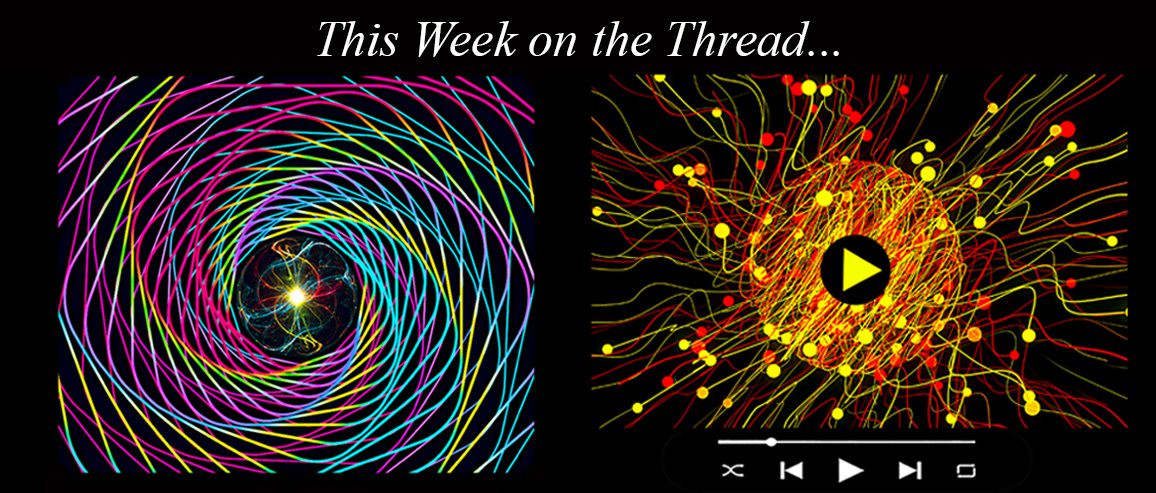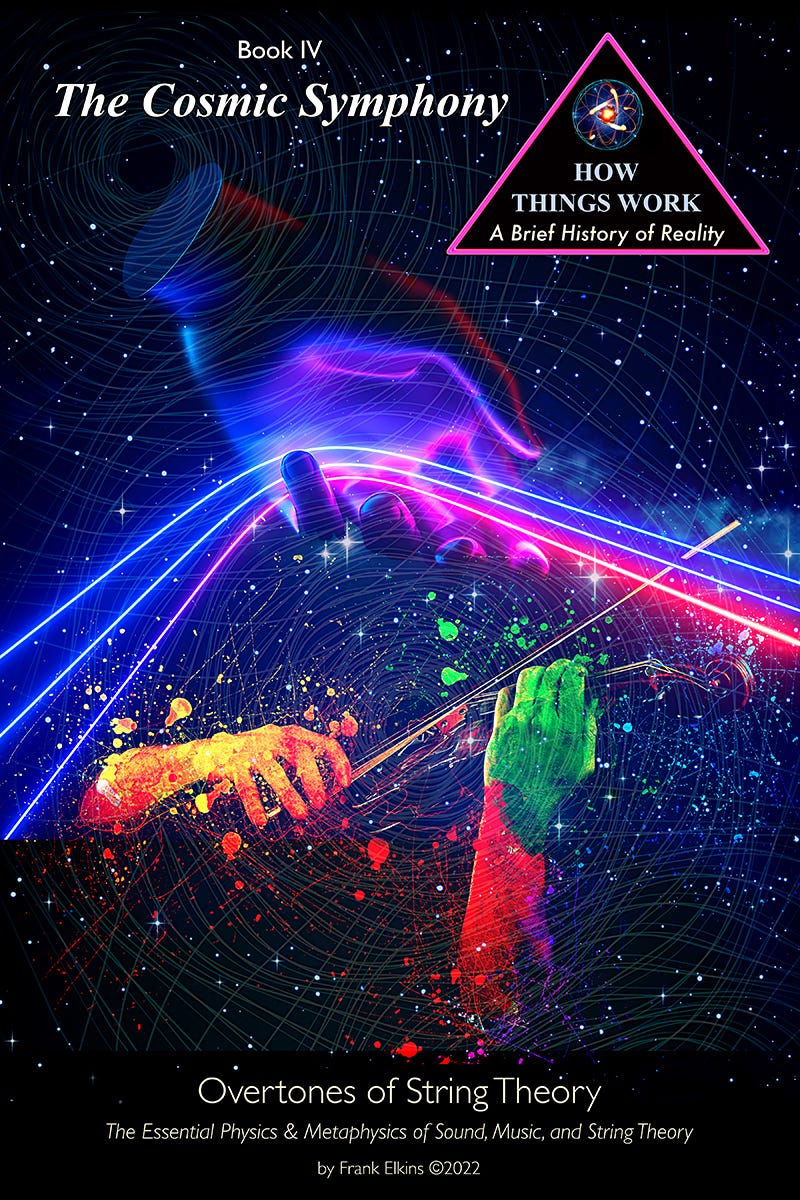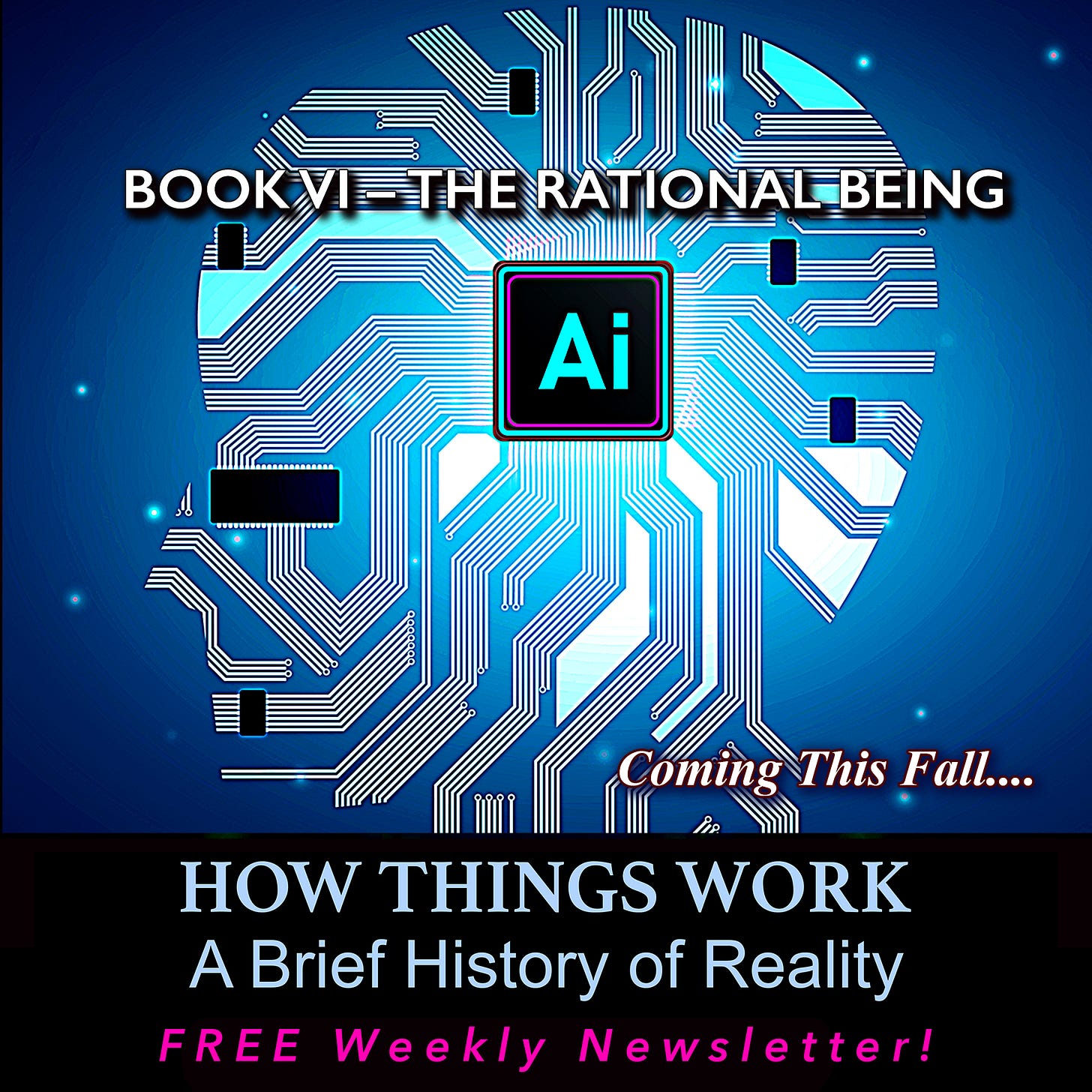Be A Part of the Conversation!
Tuesday July 23, 2024
“Bethlehem was God with us, Calvary was God for us, and Pentecost is God in us.”
– Robert Baer
PREFACE
Welcome Everybody!
The Book of Acts summarizes the transition of a Jewish sect of disciples who believed Jesus to be the promised Jewish Messiah, to a completely new universal religion without the traditional practices usually associated with Judaism.
The apostle James becomes the leader of the “Jerusalem Church,” which served as the central authority for the new religion and sought to maintain the “Jewish” influence as an essential aspect of the new message. Peter, leader of the original twelve apostles, reflects the ambivalence in attempting to interpret and implement Jesus’ message beyond the limitations of Judaism. And a new apostle, Paul, ironically brings the message of Jesus to the Gentiles; eventually evangelizing his message in the pagan capital of Rome itself.
The narrative begins with Jesus explaining what is about to happen next, after his ascension into Heaven. Soon, the apostles will be transformed by the power of the Holy Spirit and become fully aware of everything he has told them.
“Do not leave Jerusalem, but wait for the gift my Father promised, which you have heard me speak about. For John baptized with water, but in a few days you will be baptized with the Holy Spirit… you will receive power when the Holy Spirit comes on you; and you will be my witnesses in Jerusalem, and in all Judea and Samaria, and to the ends of the earth.”
Book of Acts: 1:4-8
Immediately after this proclamation, Jesus ascends to Heaven and the apostles are on their own.
“After he said this, he was taken up before their very eyes…”
Acts – 1:9
A few days later, the promised phenomenon, known as the Pentecost, takes place. However, first Judas is replaced with a disciple named Mathias; re-establishing twelve apostles.
CONSIDERATION #146 – The Pentecost
The description of this pivotal event in Christian history is briefly described with very simple language in the opening of chapter two.
When the day of Pentecost came, they were all together in one place. Suddenly a sound like the blowing of a violent wind came from heaven and filled the whole house where they were sitting. They saw what seemed to be tongues of fire that separated and came to rest on each of them. All of them were filled with the Holy Spirit and began to speak in other tongues as the Spirit enabled them.
Acts – 2:1-4
It is made clear that this is not a “subjective” experience for those directly involved. People outside of the house hear the same noise and witness the apostles speaking other languages. Many were astounded by what they had witnessed.
Now there were staying in Jerusalem God-fearing Jews from every nation under heaven. When they heard this sound, a crowd came together in bewilderment, because each one heard their own language being spoken. Utterly amazed, they asked: “Aren’t all these who are speaking Galileans? Then how is it that each of us hears them in our native language? Parthians, Medes and Elamites; residents of Mesopotamia, Judea and Cappadocia, Pontus and Asia, Phrygia and Pamphylia, Egypt and the parts of Libya near Cyrene; visitors from Rome (both Jews and converts to Judaism); Cretans and Arabs—we hear them declaring the wonders of God in our own tongues!” Amazed and perplexed, they asked one another, “What does this mean?”
Acts – 2:5-12
However, others thought they were all drunk! Forcing Peter to confront them with the truth of what was happening.
“Fellow Jews and all of you who live in Jerusalem, let me explain this to you; listen carefully to what I say. These people are not drunk, as you suppose. It’s only nine in the morning!”
Acts – 2:14-15
Peter then evangelizes the message of Jesus to the people, who ask Peter what they should do, and he explains to them how Christianity works.
“Repent and be baptized, every one of you, in the name of Jesus Christ for the forgiveness of your sins. And you will receive the gift of the Holy Spirit.”
Acts – 2:38
It is reported that about three thousand people accepted Peter’s message and were baptized on the day of Pentecost. This is the beginning of a new movement that would eventually come to be known as Christianity.
POSTSCRIPT
It is important to understand that “speaking in tongues” does not mean speaking nonsense. Speaking in tongues means to speak a foreign language that you do not know and have never been taught. It is a miracle that foreshadows that the message is universal and will eventually be spoken in all languages. Pentecost foreshadows the expansion of Christianity beyond Judaism to the entire world. This was the initial challenge for the new religion.
From this time on, the apostles gain the power to perform miracles including healing the sick and raising the dead. Upon witnessing these miracles many were converted and sold their earthly possessions, giving the money to those in need.
“Everyone was filled with awe at the many wonders and signs performed by the apostles. All the believers were together and had everything in common. They sold property and possessions to give to anyone who had need.”
Acts – 2:43-45
At the Pentecost, Peter, the rock, establishes the original parameters of Christianity. However, soon a new apostle who did not know Jesus personally would challenge the original followers as to who Jesus really was and who his message was really for. As the persecution of the new Christian sect begins, a man obsessed with eliminating the blasphemous new sect is confronted by a resurrected Jesus while on the way to arrest his followers; and becomes the greatest and most influential evangelist for the new Christian faith.
Next week, we consider the amazingly ironic story related to the Jewish zealot Saul of Taras, commonly known in Christianity as the apostle Paul…
Expand the Conversation by Upgrading to “Reality by a Thread!”
Excerpt From This Week’s “Untangling the Knots of Reality” Podcast:
• UNTANGLING THE KNOTS OF REALITY: Podcast #105 – “Untangling Einstein’s Legacy ”
“What was Einstein’s motivation for developing his amazing new theories about How the Universe Works?” “Why does Einstein represent the peak of modern science?” “How does Einstein shift the focus of science from empirical to rational?” “What was Einstein’s biggest scientific blunder?” “Why was Einstein skeptical about the new quantum sciences?” These are some of the “relative” knots we will attempt to untangle in this week’s podcast. That’s a lot of Einstein legacy for one podcast! So, let’s get started…”
• REALITY BY A THREAD: “The Current Dilemma” (Excerpt)
“Human intelligence has not yet resolved the very issues that we are concerned about Artificial Intelligence possibly developing. Issues that may be dangerous for the human race. The main reason for this concern is based on the premise that we are giving Artificial Intelligence the power to make decisions, including moral decisions. However, we have no real understanding of what quantum decision-making looks like or where it might lead. Is there a way to exploit this new inevitable technology without destroying humanity in the process?”
• FREE PDF DOWNLOADS of Book IV: “The Cosmic Symphony – Overtones of String Theory” plus other Free Books, Discounts and Benefits. Also Gain Complete Access to all Previous Podcasts and Threads!
UPGRADE NOW!
What is the Cosmic Symphony?
“For Pythagoras, music represented much more than just pleasant sounds to our ears; it directly reflected the mathematical perfection of the universe. The entire universe was in tune, generating itself through unheard vibrations creating a Cosmic Symphony…” (Book IV – The Cosmic Symphony)
“Pythagoras called this Cosmic Symphony of Abstract Perfection ‘The Music of the Spheres.’ This marked the beginning of a very long journey into the nature of a Reality that reflected an experience based purely on mathematical vibrations.” Book IV – The Cosmic Symphony (210 pages)
THE ESSENTIAL PHYSICS & METAPHYSICS OF SOUND, WESTERN MUSIC, & STRING THEORY!
• What is the "Music of the Spheres?"
• How did the Music of the Spheres Evolve into String Theory?
• How did Pythagoras Change our Perception of Reality?
• What did Pythagoras Discover About the Science of Sound and Music?
• What are the Metaphysics Behind the Structure of Western Music?
• What is the "Mozart Effect" and is it Real?
• What is the Numerical Mysticism underlying the Mathematical Relationships of Sound & Music?
• What is String Theory and What does it Mean?• Is Everything Really Composed of Extremely Small Vibrating Strings of Energy?
• Is Reality Ultimately a Cosmic Symphony Eternally Resonating the "Mind of God?"
Coming this Fall…
“We are not ‘creating’ Artificial Intelligence; we are discovering Artificial Intelligence. Science does not “create” things; it is a discipline of discovery.
We did not create electricity, we recognized, or discovered how to use electricity. We did not create gravity; we recognized and discovered the force of gravity. We did not create atoms; we recognized and discovered the quantum world of their existence. Einstein did not make time and space relative factors in the universe; he recognized and discovered that time and space were relative factors in the universe.
We are not creating Artificial Intelligence; we are recognizing and discovering the ‘reality’ of Artificial Intelligence. This is a critical distinction. It essentially means that AI is, and always has been, inevitable. The real question is “are we in competition with it?” in terms of survival.”
Book VI - The Rational Being







